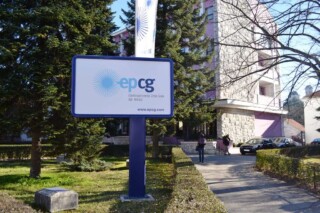The examples of Ukraine, North Macedonia and Montenegro best show how powerful churches with their infrastructure are for political expansion and influence on neighbors, says Skopje-based journalist and religious analyst Branko Djordjevski for Pobjeda.
According to him, the Russian and Serbian Orthodox Churches are typical examples of that, with their denials of Ukrainian, Macedonian and Montenegrin identities, which have happened and are still happening with small changes.
“There is no doubt that it has nothing to do with the Christian mission of the Church, that it is a political message, an agenda during which the feelings of the faithful people are manipulated, but which must be exposed and opposed. Many years were lost in the Macedonian-Serbian church dispute in order to prove to the Serbian bishops that the Macedonians are a separate people, and not a part of the Serbian people. Then, how Christian is it when Serbian bishops deny the Montenegrin identity and the right of the Montenegrin people to their church? Not at all”, says Djordjevski.
In that context, he points out that the development of events related to the Macedonian Orthodox Church – Ohrid Archbishopric, was actually a consequence of the fact that there was a Russian-Serbian church plan to eliminate the influence of the Ecumenical Patriarchate and, through certain concessions, attract the Macedonian Church into its orbit.




